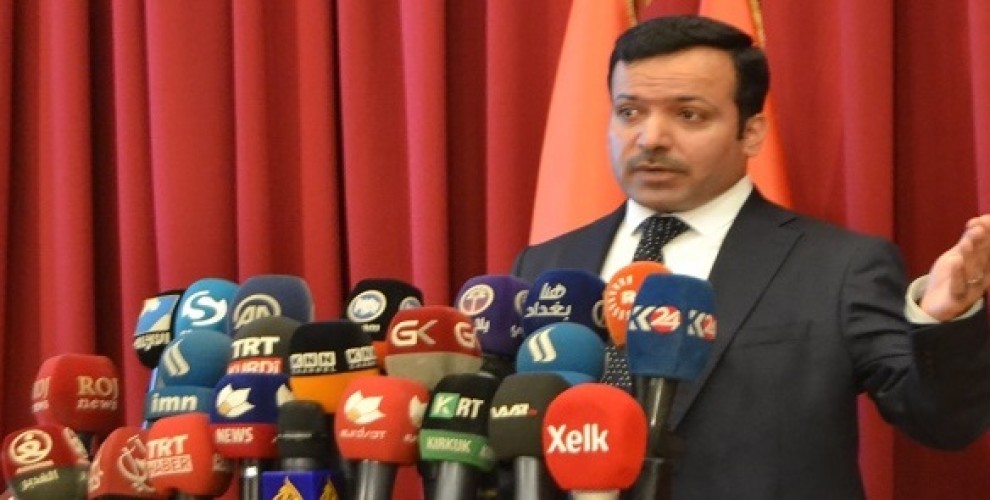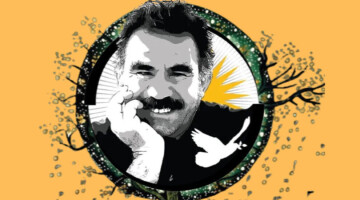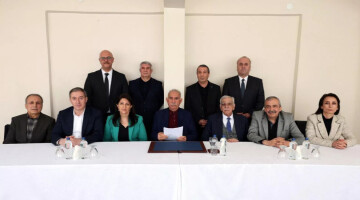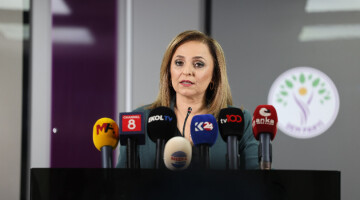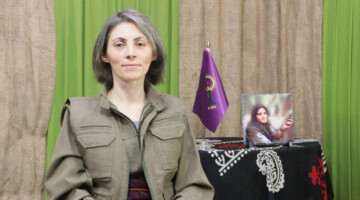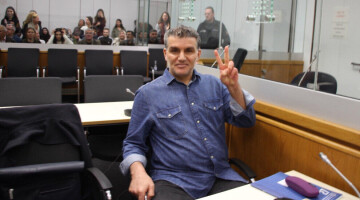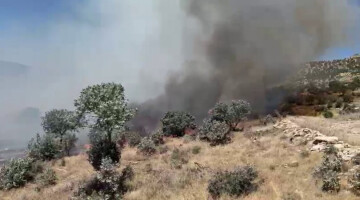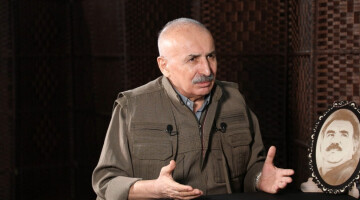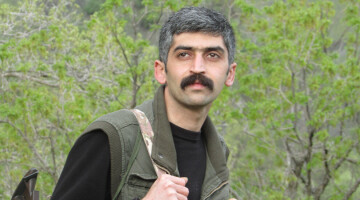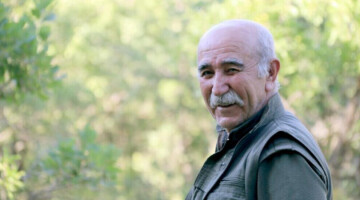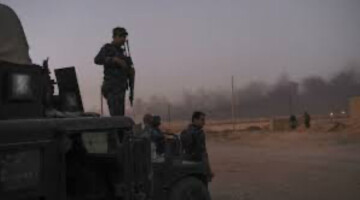Kurdistan Regional Parliamentary President Dr. Yusif Mihemed held a press conference to announce his resignation.
Mihemed who had been prevented from entering Hewlêr by the Kurdistan Democratic Party (KDP) on October 12, 2015 held a press statement today in Sulaymaniyah to announce his resignation, stating that the Kurdistan Region is “going through a coup process”.
Mihemed spoke extensively about the political developments in the Kurdistan Region since he assumed the office of Kurdistan Regional Parliamentary Presidency. Mihemed said him not being allowed into Hewlêr on October 12, 2015 was a “coup” and spoke about his time on duty in two parts as “before the coup” and “after the coup”.
“LION INSIDE, FOX OUTSIDE”
“The political power’s duty is to offer a good life for the people. But not only did they fail to do that, they have also evolved into a stance against the people today. And that needs to be prevented, not supported,” said Mihemed and stated that some circles have turned the coup into a perpetual thing for their own political interests. He continued: “Today we are still in that coup process. Weapons are being used against the people. The Kurdish government has a characteristic different from all governments in the world. They bow down to foreign powers and resort to oppression and violence in the country. Like the Kurdish proverb, they act as lions inside but turn into foxes outside.”
“REFERENDUM WAS THE CONTINUATION OF THE COUP”
Mihemed stated that the coup was against the legitimate organ of the Kurdistan region the Parliament and against the demands of the people: “That coup was against all values, legitimacy, demands of the people and the law. Holding the referendum was the continuation of the same coup process. And today the defeated government and the government against the people are pushed on the people in this third phase of the coup.”
“WE WORKED FOR NATIONAL ISSUES”
Mihemed stated that the Parliament is the most legitimate legislative body of society and said they tried to take important steps for national unity in the Regional Parliament before October 12 that he calls a coup, and added that the efforts for Shengal and Kobanê are an example of this. Mihemed said, “Opposing forces have done all they can so the Kurdistan Regional Parliament doesn’t become a place where issues in other parts are discussed.”
Mihemed also spoke about the efforts to open the parliament again before the referendum and said these initiatives were only aiming to attribute the referendum to the parliament. Mihemed said: “If the letter the US Secretary of State sent had been read in the reopened parliament, there would be a different outcome.”
“THEY SHOULD ACCEPT DEFEAT AND RESIGN”
Mihemed stressed that the Kurdistan Regional Government doesn’t accept political defeat: “Despite Southern Kurdistan losing half its territory on October 16 and the great crisis that ensued, this government still doesn’t accept defeat. There is only one thing to do: They must accept defeat and resign. That is what the people have wanted since the beginning. We support this demand by the people and consider it to be a legitimate demand.”
“THIS GOVERNMENT HOLDS GREATER DANGERS”
Kurdistan Regional Parliamentary President Dr. Yusif Mihemed concluded his statement with offering condolences for the families of people who lost their lives in the recent popular demonstrations and wishing recovery for the wounded. Mihemed demanded the urgent release of the detainees and added: “As a citizen, the presence of this defeated and hurt government poses much greater dangers for our people. I have never betrayed the votes and the faith of my people. I have fought a legal battle for the rights of my people. This war was seen as a great obstacle by those who pursue their own political interests and who tried to form a monist structure.”

